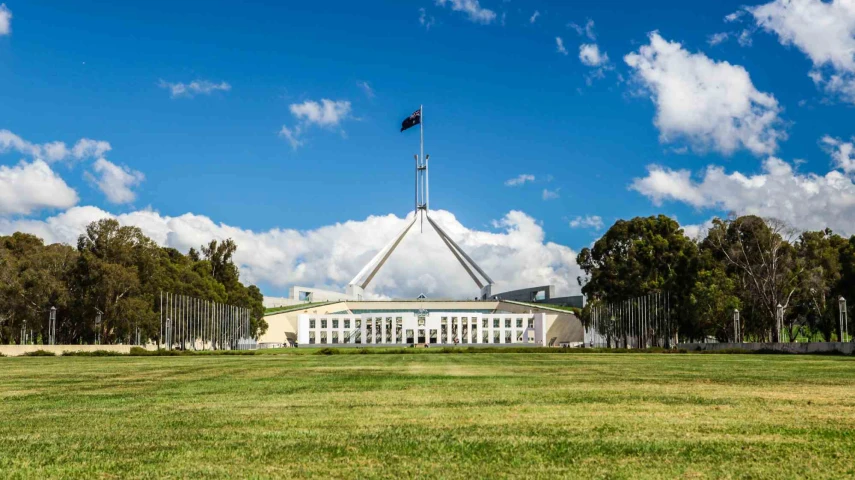JAWG meets with Jones to discuss QAR implementation



The Joint Associations Working Group has met with Minister for Financial Services, Stephen Jones, in Canberra to work together on the response to the Quality of Advice Review.
The government’s response to the QAR was issued this week and implemented 14 of the 22 recommendations proposed by Michelle Levy.
Jones had stated the remaining eight would be reviewed by the end of the year including the ability for banks and insurers to give advice as a way to close the advice gap.
The JAWG includes representatives from organisations such as the Financial Services Council (FSC), Financial Advice Association of Australia (FAAA), and the Self-Managed Superannuation Fund Association (SMSFA).
The group said Jones had “recognised the sense of urgency” around implementing the first stream of recommendations, which focused on removing regulatory red tape from advice.
These include the replacing of statements of advice (SOAs) with an advice record, removing the safe harbour steps from best interests duty, and certain exemptions to the ban on conflicted remuneration.
They also discussed the time frames for when Jones expected the various recommendations would be implemented with the expectation being that legislation would be ready in the latter half of the year or beginning of 2024.
In its response, the government said it would be conducting further consultation on matters such as the design of a replacement for SOAs, expanding access to affordable retirement income advice, and the financial adviser Code of Ethics.
Two JAWG members who attended the meeting told Money Management it had been a productive meeting focusing on the Stream One requirements.
Spiro Premetis, acting chief executive of the Financial Services Council (FSC) explained that, alongside other industry associations, it had engaged in a “productive meeting” with the minister.
“During discussions we highlighted our support for the government’s commitment to prioritise ‘Stream One’ of its reforms, which are designed to remove costly red tape imposed on financial advisers. The FSC looks forward to engaging in further discussions with the government as it looks to legislate the streams of work later this year and into next,” he said.
Neil Macdonald, chief executive of The Advisers Association, said: “The meeting went well and was broad-ranging, we are supportive of the approach and the progress being made on that. Stephen Jones is pragmatic and is keen to get people access to the advice they want.”
Prior to the response being issued, the JAWG had issued an open letter urging the government to act quickly on measures to prevent consumers from being denied advice. The final report from Levy had been issued back in February, but it took several months for the government to provide its response, hindered in part by the federal budget in May.
Its letter suggested the reforms implemented in stages rather than as a holistic package to ensure immediate gains could be made and the cost of advice could be reduced.
Some of the organisation’s recommendations for short-term reform had been recognised and included in the government’s response such as the introduction of a standard fee consent form, reforms to SOAs, and tightening exemptions on the ban on conflicted remuneration.
The government will issue its final response to the Delivering Better Financial Outcomes package later in 2023.
Recommended for you
ASIC has released the results of the latest financial adviser exam, held in November 2025.
Winners have been announced for this year's ifa Excellence Awards, hosted by Money Management's sister brand ifa.
Adviser exits have reported their biggest loss since June this week, according to Padua Wealth Data, kicking off what is set to be a difficult December for the industry.
Financial advisers often find themselves taking on the dual role of adviser and business owner but a managing director has suggested this leads only to subpar outcomes.













Having the FSC (product providers' association) in the JAWG totally discredits the JAWG.
The FAAA and SMSF Assoc should not sacrifice their members' credibility by being associated with the FSC.
Sadly, why is the 10 year exemption only from 2007 to 2021, if you must be degree qualified by 2026, wouldn't you have up until 2026, to get the 10 years. Give everyone a chance a meeting the new rule as possible.
It's effectively a 14 year experience requirement, not 10 years.
Many things unanswered - If you have a relevant degree, do you still need to 1 unit of ethics? This is just absurd when you have to pass FASEA and do 40 CPD which includes 9 hours of ethics per year
If you choose the FASEA pathway, and have a "Relevant degree" rather than an "Approved degree", you need to do the ethics bridging subject and possibly others as well.
If you choose the Experience pathway, you don't need to do an ethics bridging subject.
Regardless of pathway, all advisers have to do at least 9 hours ethics CPD each year. Many advisers will also have done additional ethics training pre FASEA, which FASEA refused to give any credit for.